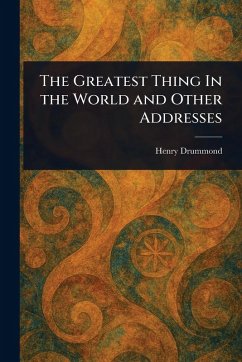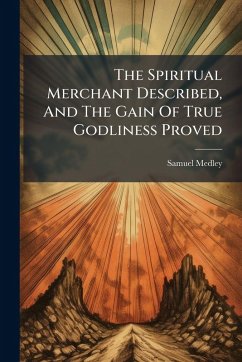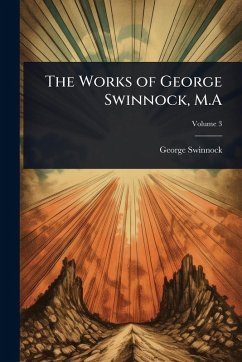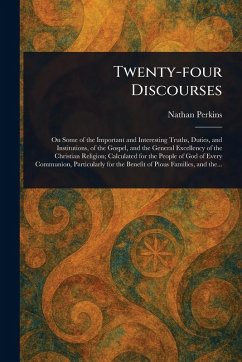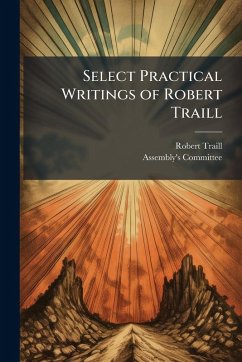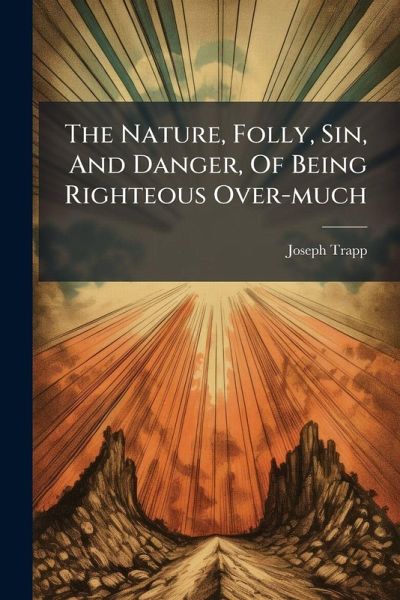
The Nature, Folly, Sin, And Danger, Of Being Righteous Over-much

PAYBACK Punkte
8 °P sammeln!
The Nature, Folly, Sin, And Danger, Of Being Righteous Over-much by Joseph Trapp presents a series of four discourses exploring the complexities and potential pitfalls of excessive self-righteousness. Addressed to a Christian audience, Trapp delves into theological arguments and practical considerations, urging a balanced approach to faith and conduct. Originally published in the 18th century, this work provides insight into the religious and moral landscape of the time. Trapp's sermons offer valuable perspectives on the nature of sin, the importance of moderation, and the dangers of spiritual...
The Nature, Folly, Sin, And Danger, Of Being Righteous Over-much by Joseph Trapp presents a series of four discourses exploring the complexities and potential pitfalls of excessive self-righteousness. Addressed to a Christian audience, Trapp delves into theological arguments and practical considerations, urging a balanced approach to faith and conduct. Originally published in the 18th century, this work provides insight into the religious and moral landscape of the time. Trapp's sermons offer valuable perspectives on the nature of sin, the importance of moderation, and the dangers of spiritual pride. This edition allows modern readers to engage with a classic theological text and consider its enduring relevance to contemporary Christian life. This work has been selected by scholars as being culturally important, and is part of the knowledge base of civilization as we know it. This work was reproduced from the original artifact, and remains as true to the original work as possible. Therefore, you will see the original copyright references, library stamps (as most of these works have been housed in our most important libraries around the world), and other notations in the work. This work is in the public domain in the United States of America, and possibly other nations. Within the United States, you may freely copy and distribute this work, as no entity (individual or corporate) has a copyright on the body of the work. As a reproduction of a historical artifact, this work may contain missing or blurred pages, poor pictures, errant marks, etc. Scholars believe, and we concur, that this work is important enough to be preserved, reproduced, and made generally available to the public. We appreciate your support of the preservation process, and thank you for being an important part of keeping this knowledge alive and relevant.



![The Godly, Righteous And Sober Life [3 Addresses] Cover The Godly, Righteous And Sober Life [3 Addresses]](https://bilder.buecher.de/produkte/74/74532/74532528n.jpg)

